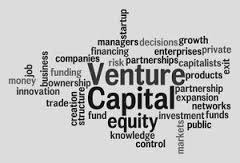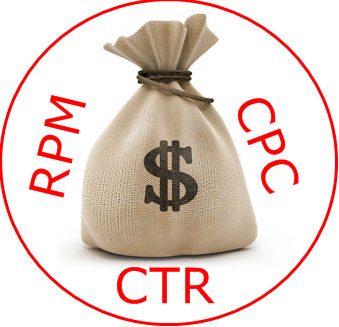VC Funds invest at an earlier stage in the life cycle of the business, than the PE Funds. It can be said that VC funds invest on the basis of business plan, while PE funds invest on the basis of the business. Here is an brief yet informative overview of VENTURE CAPITAL FUNDS AND PRIVATE EQUITY FUNDS
Since VC funds invest on the basis of the business plan, when the business may not exist in the ground, they take a significant project risk. Private equity funds, however, come in when the business has taken off. They prefer to invest in the growth of the business, when proof of concept is established, and scalability of the business is clear. Thus, VC funds can be viewed as ‘seed capital’, while PE funds can be viewed as “growth capital”.

A seasoned senior management executive with an outstanding track record in building and managing large organizations, who chooses to set up a new venture, is an exceptional situation where PE Fund may provide seed capital.
The definition of the two types of funds under SEBI (Alternate Investment Funds) Regulations, 2012 is as follows:
“Private equity fund” means an Alternative Investment Fund which invests primarily in equity or equity linked instruments or partnership interests of investee companies according to the stated objective of the fund.
“Venture capital fund” means an Alternative Investment Fund which invests primarily in unlisted securities of start-ups, emerging or early-stage venture capital undertakings mainly involved in new products, new services, technology or intellectual property right based activities or a new business model.
Investments of VC and PE investors in unlisted companies’ shares are illiquid. However, the PE’s investment is closer to an IPO of the business than the VC’s investment. In fact, most VC investee companies never reach the IPO stage. Venture Capital Funds and Private Equity funds together form the foundation of a startup.
PE funds do invest just before, or as part of public issues of companies – at times, through preferential allotments after the public issue too. These are called Private Investment in Public Equity (PIPE).
Angels need to have a very long investment horizon, because there is no clarity on the challenges the business will face, and what shape the business will take. VC funds too need to have a long investment horizon, because it is rare for projects to get commercialized or reach breakeven levels within 3 to 5 years. PE funds have shorter investment horizons of about 5 years, though some are comfortable going up to even 7 years.
Angel Funds, VC Funds and PE Funds can be viewed as a continuum in project risk, investment liquidity and stages in the life cycle of the business. Since angels invest at the earliest stage, they get the best (lowest) valuation when they invest; generally, VCs invest at a higher price, and PEs invest at an even higher price, in recognition of the declining risk profile of the investment.
Every fund has its preferred sectors. Some funds are specialized in terms of the nature of funds they provide. For instance, instead of growth capital, they may provide “buyout capital” to finance the take-over of a company by its own management or by some other acquirer. Some funds are specialists in Leveraged Buyouts (LBO). Both venture capital funds and the private equity funds take a huge risk of nurturing the new start-ups.
Some funds focus on “distressed assets” i.e. they invest in companies that are facing severe trouble. In line with the elevated risk, such funds have high return expectations.











